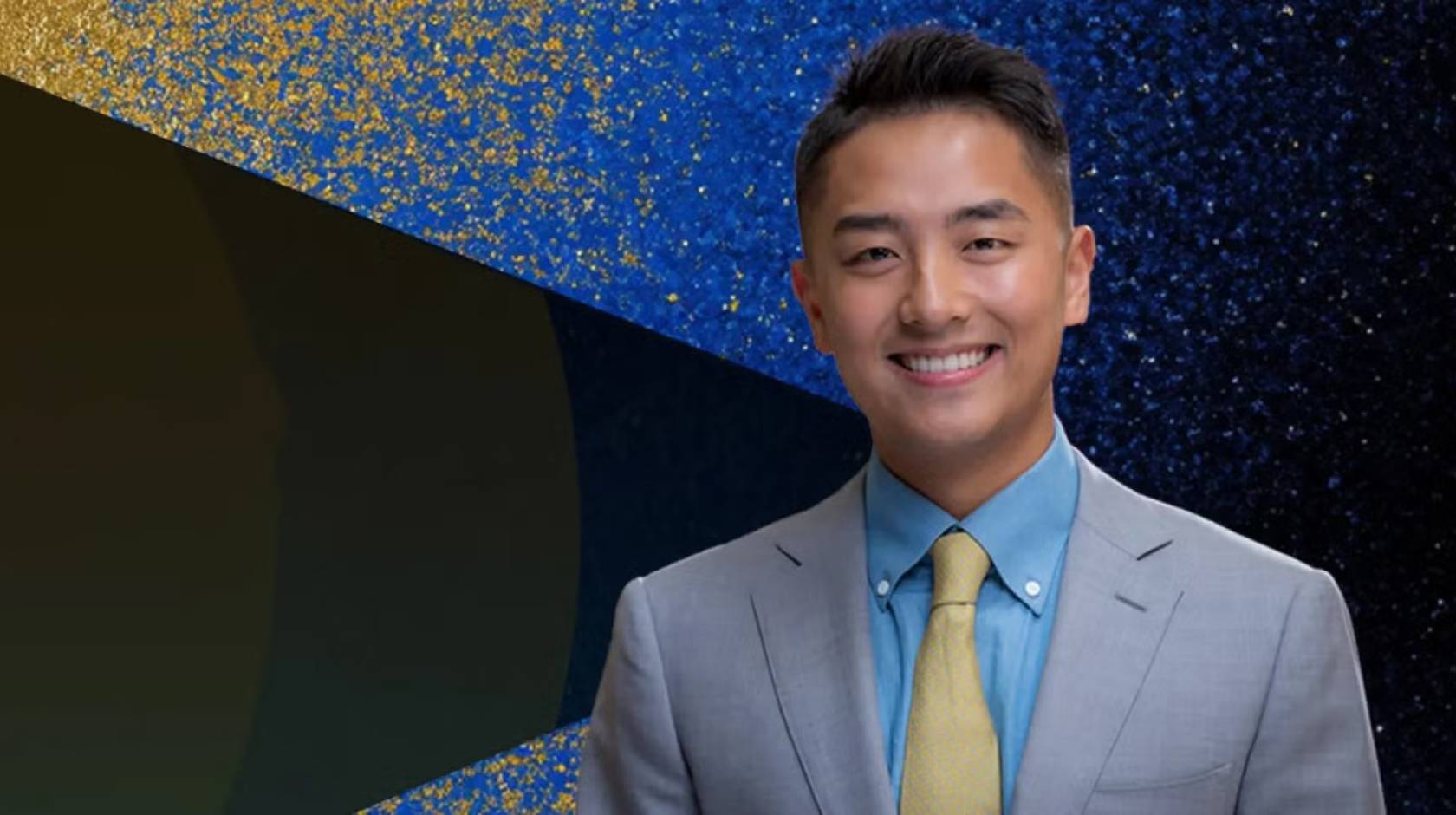Carolyn Gray Anderson, UCLA Anderson School of Management

Born and raised in China, Ike (Shilin) Zhan (’25) started life in a small town, where his primary school class numbered fewer than a dozen children and the curriculum didn’t pose much of a challenge. He recalls struggling from a young age to feel accepted in his small community. “I was always a bit different, and I didn’t know why,” he says. “I didn’t realize I was gay until my last year of high school, and it took me even longer to begin accepting that part of myself.”
Homosexuality was decriminalized in China in 1997. However, statistically, only a small portion of Chinese LGBTQ individuals come out within their communities. And in recent years, free expression of queer and trans identities has been conspicuously suppressed by the government.
Zhan didn’t know — while busing back and forth to a bigger school, trying to fit in and wondering why he couldn’t — that one day he’d be a major catalyst for change in his workplace as Johnson & Johnson’s first openly out employee in China. Today, he’s co-president of Out@Anderson and a ROMBA fellow who recently interned at McKinsey, a company with an active LGBTQ employee resource group. But in the early 2000s, he couldn’t have imagined any of that.
Zhan’s self-discovery began in college in the Hunan province capital of Changsha, but it wasn’t until 2017, when he moved to cosmopolitan Shanghai to work at Johnson & Johnson that he became more confident in his identity. He says it was “like a new world.” He even joined Shanghai Pride. However, he didn’t come out at the office. “The work environment was very heteronormative. My personal life and my professional life felt like two separate worlds, and it didn’t feel right,” says Zhan.
J&J’s Shanghai branch did have an office of diversity and inclusion but not a chapter of Open&Out, one of the company’s 12 employee resource groups.
So he got busy. “The sponsor of the D&I office was the first supporter of starting Open&Out in China. He liked my proposal and we built a team for board approval. The first leadership of Open&Out started to form.” Zhan says that 76 percent of employees polled indicated they would support the ERG. “That was a huge confidence boost, telling me this might work.”
However, Zhan met with strong resistance from members of the company’s leadership whom he had to work to persuade. “I knew that by championing LGBTQ+ rights, each volunteer was taking a personal risk, with potential career ramifications,” he says. “I made a personal promise to my collaborators that if our efforts led to any negative consequences, I would take full responsibility.”
In fact, with the internet in China largely under government control, the group’s leaders were questioned and intimidated. “Their system would detect any online LGBTQ+ events, get our IP addresses and find my counterparts in other offices where we planned events. They’d knock on our doors at night and bring us to the police station to interrogate us.” But nothing Zhan’s group was doing was illegal. “If you don’t capitulate to their intimidation, they actually don’t know what to do,” says Zhan. Internally at J&J, the only protocol was no “outward permeation” of LGBTQ events via social channels. “At that point, our Pride Month kickoff events were heavily planned and we weren’t going to cancel.”
Ultimately, the in-house initiatives Zhan spearheaded brought same-sex partner benefits to over 13,000 of J&J’s employees in China. And Zhan worked on the staff of J&J for nearly six years, advancing to strategic product manager before embarking on his MBA.
“Coach Wooden’s principles of initiative, intentness and loyalty were guiding me long before I could name them,” says Zhan. “Looking back at that experience and looking forward to my future endeavors, I keep in mind how Coach embraced the ability to stay the course, to concentrate on your objective with determination and resolve.”

